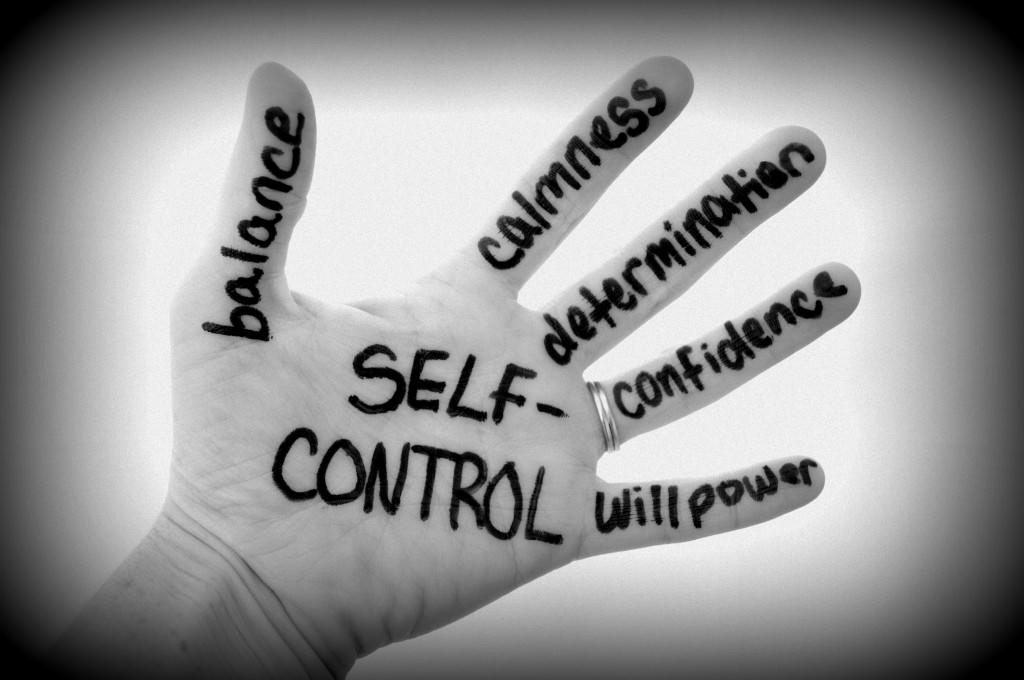In today’s fast-paced world, maintaining self-control and staying calm are invaluable traits. These qualities are not just admirable but essential for navigating life’s myriad challenges. The saying, “self-control is strength. calmness is mastery. you,” encapsulated by Tymoff, underscores the profound impact of these attributes. But what do they truly mean, and how can we cultivate them?
Understanding Self-Control
Definition of Self-Control
Self-control refers to the ability to regulate one’s emotions, thoughts, and behaviors in the face of temptations and impulses. It is the power to restrain oneself and make conscious decisions that align with long-term goals rather than succumbing to immediate gratifications.
Benefits of Self-Control
The benefits of self-control are manifold. It enables better decision-making, enhances focus, improves relationships, and contributes to overall well-being. Those with high self-control are often more successful in their personal and professional lives because they can stay on track and avoid distractions.
The Science Behind Self-Control
Research shows that self-control is linked to the brain’s prefrontal cortex, which governs planning, decision-making, and moderating social behavior. Strengthening this part of the brain through various practices can enhance one’s ability to exert self-control.
Developing Self-Control

Identifying Triggers
The first step in developing self-control is identifying what triggers your impulses. Whether it’s stress, boredom, or certain social settings, knowing your triggers can help you develop strategies to manage them.
Techniques to Enhance Self-Control
Mindfulness and Meditation
Practicing mindfulness and meditation can significantly improve self-control. These practices help increase awareness of your thoughts and feelings, making it easier to regulate them.
Goal Setting
Setting clear, achievable goals provides a roadmap for self-control. By focusing on long-term rewards rather than short-term pleasures, you can train your mind to prioritize effectively.
Healthy Habits
Adopting healthy habits, such as regular exercise, a balanced diet, and adequate sleep, can bolster your ability to maintain self-control. A well-nourished body supports a well-nourished mind.
Challenges in Maintaining Self-Control

Common Obstacles
Despite our best efforts, maintaining self-control can be challenging. Common obstacles include stress, peer pressure, and emotional instability.
Overcoming Temptations
Overcoming temptations requires a combination of strategies, such as avoiding high-risk situations, having a support system, and practicing self-compassion when setbacks occur.
Calmness as Mastery
Definition of Calmness
Calmness refers to a state of tranquility and composure, especially during stressful situations. It is the ability to maintain a serene and focused mind regardless of external circumstances.
Benefits of Staying Calm
Staying calm has numerous benefits, including improved mental clarity, better decision-making, reduced stress, and enhanced physical health.
The Science of Calmness
Calmness is associated with the parasympathetic nervous system, which counteracts the stress response. Practices that activate this system, such as deep breathing and relaxation techniques, can help maintain calmness.
Cultivating Calmness
Practices to Achieve Calmness
Breathing Exercises
Deep breathing exercises, such as diaphragmatic breathing, can quickly induce a state of calm. These exercises increase oxygen flow to the brain and activate the parasympathetic nervous system.
Progressive Muscle Relaxation
This technique involves tensing and then slowly relaxing each muscle group in the body. It helps reduce physical tension and promote relaxation.
Visualization Techniques
Visualization involves imagining a peaceful scene or situation. This mental exercise can reduce stress and promote a sense of calm.
The Interconnection Between Self-Control and Calmness

How Self-Control Leads to Calmness
Self-control and calmness are deeply interconnected. Exercising self-control can help prevent the emotional overreactions that disrupt calmness. Conversely, maintaining calmness can enhance your ability to practice self-control.
Examples from Real Life
Consider a professional athlete who remains calm under pressure and exercises self-control to perform at their best. This combination is what sets apart champions from the rest.
The Tymoff Perspective
Origins of the Tymoff Principle
The Tymoff principle emphasizes the synergy between self-control and calmness. Originating from the personal development field, it advocates for harnessing these qualities to achieve personal mastery.
Application in Daily Life
Applying the Tymoff principle in daily life involves consistent practice. Whether through meditation, mindful decision-making, or stress management techniques, integrating these habits can transform your life.
Practical Tips for Self-Control and Calmness
Daily Routines
Incorporating simple routines, such as morning meditation, regular exercise, and mindful eating, can strengthen your self-control and calmness over time.
Long-Term Strategies
Long-term strategies include setting realistic goals, maintaining a positive mindset, and continually learning and adapting. These strategies help reinforce the habits of self-control and calmness.
Self-Control and Calmness in Relationships

Impact on Personal Relationships
Exercising self-control and maintaining calmness can improve communication, reduce conflicts, and foster deeper connections in personal relationships.
Conflict Resolution
Staying calm during disagreements and exercising self-control in your responses can lead to more constructive conflict resolution and stronger relationships.
Self-Control and Calmness at Work
Professional Benefits
In the workplace, self-control and calmness contribute to better performance, improved leadership, and enhanced problem-solving abilities.
Handling Work Stress
By practicing these qualities, you can better manage work-related stress, leading to a more productive and satisfying career.
Self-Control, Calmness, and Mental Health
Reducing Anxiety and Depression
Self-control and calmness are vital in managing anxiety and depression. These qualities help in regulating emotions and reducing stress levels.
Enhancing Emotional Well-being
Regular practice of self-control and calmness can lead to improved emotional well-being and a more balanced, fulfilling life.
Case Studies and Success Stories
Famous Personalities
Many famous personalities attribute their success to self-control and calmness. From athletes to entrepreneurs, these traits are often highlighted in their journeys.
Everyday Heroes
Ordinary individuals, too, demonstrate these qualities in remarkable ways, managing daily challenges with grace and resilience.
Tools and Resources
Books and Articles
Numerous books and articles provide insights and techniques for developing self-control and calmness. Notable ones include “The Power of Now” by Eckhart Tolle and “Willpower” by Roy Baumeister.
Apps and Online Resources
Apps like Headspace and Calm offer guided meditations and exercises to help cultivate self-control and calmness.
Conclusion
In conclusion, self-control is indeed strength, and calmness is mastery. Embracing these qualities can profoundly impact your life, enhancing your relationships, career, and mental health. By practicing the Tymoff principle, you can navigate life’s challenges with grace and resilience. So, start today—identify your triggers, practice mindfulness, and cultivate calmness to achieve personal mastery.
FAQs
- What are the first steps to developing self-control?
- Begin by identifying your triggers and practicing mindfulness to increase your awareness of impulses.
- How can I stay calm during stressful situations?
- Practice deep breathing exercises, visualization techniques, and progressive muscle relaxation to maintain calmness.
- Can self-control and calmness improve my professional life?
- Yes, these qualities enhance decision-making, leadership, and stress management, leading to better professional outcomes.
- Are there any recommended resources for learning more about self-control and calmness?
- Books like “The Power of Now” and apps like Headspace offer valuable guidance on these topics.
- How are self-control and calmness related to mental health?
- They help in regulating emotions, reducing anxiety and depression, and enhancing overall emotional well-being.
